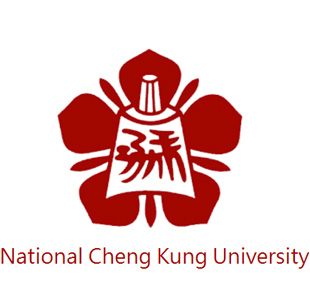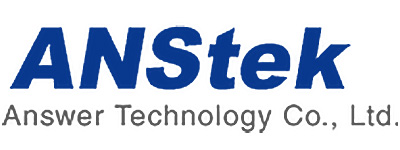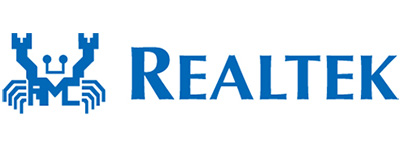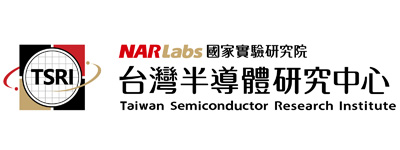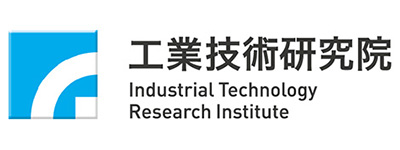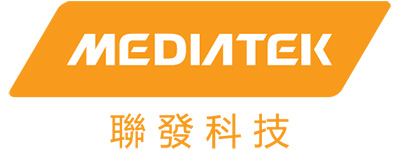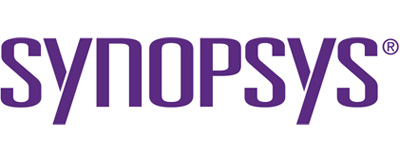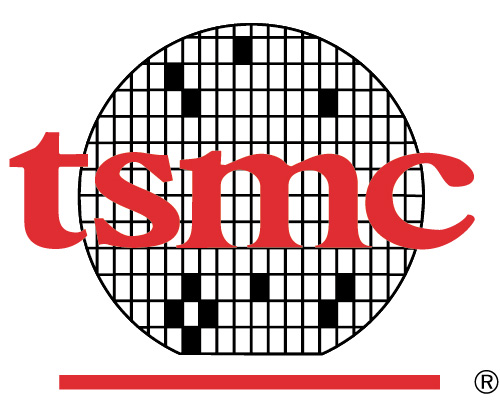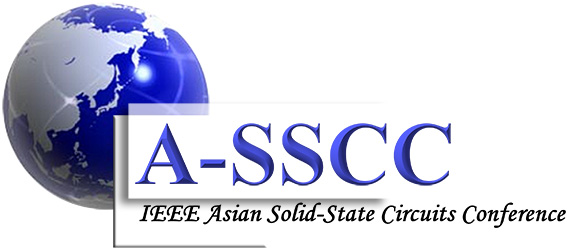






Start-up
Intelligent Ultra Low-latency Trading Solution with Deep Learning Inference Accelerators
- Jinwook Oh
-
- Rebellion, Korea
- Date: November 07, 2022 (Monday)
- Time: 16:00 - 16:25 (UTC+8)
- Room: Song Bo 松柏廳, 10F
Rebellions is developing AI HW/SW solutions for different technologies. Finance AI is one of our interests, which require domain-specialized AI solutions in addition to the razor-focused hardware development for the Finance system. In this talk, We present the word-first AI-enabled HFT system, LightTrader, which integrates the custom AI accelerators and the FPGA-based conventional HFT pipeline for the short-latency-high-throughput trading solutions with a reduced query miss rate. For better utilization, adaptive job scheduling methods are also proposed to further improve the performance, where layer-wise workload scaling and dynamic voltage-frequency scaling (DVFS) techniques progressively adjust the workloads of AI accelerators, in conjunction with the architecture support. Using historical data from Chicago Mercantile Exchange (CME) as a validation test set, LightTrader integrating TSMC 7nm tape-out accelerators solely achieves 6x speed-up of DNN processing and 30-50x reduction of query miss rate without the scheduling method while the scheduling scheme further improves the energy efficiency by 25% and reduces the query miss rate by 2.4x.
Biography:
Dr. Jinwook Oh is the tech. lead of Rebellions Inc., South Korea based AI hardware/solution startup, focusing on building AI solutions for the Global Finance Market. He was an ex-IBMer who joined and left IBM TJ Watson Research Lab in 2014 and 2020, respectively, where he spent his entire professional career prior to Rebellions Inc. He worked on Deep Learning Acceleration projects with amazing colleagues and mentors during his career, conducting research/engineering of new AI hardware, algorithms and systems in conjunction with conventional computing systems. Dr. Oh obtained PhD degree and MS degree from Electrical Engineering department of KAIST, South Korea, 2013 and 2010, respectively, and BS degree from Seoul National University in 2008.
Introduction to Cutting-Edge Wireless Powering System AirPlug® for IoT Applications
- Yuji Tanabe
-
- Aeterlink, Japan
- Date: November 07, 2022 (Monday)
- Time: 16:25 - 16:50 (UTC+8)
- Room: Song Bo 松柏廳, 10F
Aeterlink is a startup company from Stanford University that applies long-range wireless power transfer technology to realize a "digital world" without wires. Our main business focuses are "Factory Automation (FA)," "Building Management," and "Medical”. In the field of FA, we can realize "maintenance-free" operation by utilizing wireless power transfer (AirPlug®) for all sensors in the factory line. In the field of building management, there is a need to introduce many sensors, but the digitalization of space is not progressing well due to the high cost of replacing wiring and batteries. We can operate not only temperature and humidity sensors, but also all kinds of "digital signal processing devices" such as CMOS cameras and edge AI devices by AirPlug®. In the next 30 years toward 2050, we aim to realize the ultimate digital society to a certain degree, and to create a world in which the information obtained is seamlessly connected to provide services beneficial to humans. We also talk about the strategy of IC development, which aims single chip solution in the future.
Biography:
Yuji Tanabe received Ph.D degree in Engineering from Waseda University in 2011. He joined Prof. Ada Poon’s group at Stanford University from 2011 to 2019 as a research scientist. His research interests include design, development of wireless powering system for IoE (Internet of Everything), factory automation and medical applications. He co-founded Aeterlink Corp, which is a startup that develops and provides long-range wireless power transfer technologies and solutions to realize a wire-free digital world, in 2020.
Micro Eye Tracking Solution for the Metaverse
- Shao-Yi Chien
-
- Ganzin Technology, Taiwan
- Date: November 07, 2022 (Monday)
- Time: 16:50 - 17:15 (UTC+8)
- Room: Song Bo 松柏廳, 10F
The eye-tracking system is a crucial component in the edge devices of the Metaverse, including AR/VR headsets and smart glasses. Ganzin Technology, a startup company spun off from National Taiwan University, focuses on wearable eye-tracking technology. Compared with the existing eye-tracking solutions, Ganzin's solution, Aurora, is the most easy-to-integrate solution on the market, which was awarded by CES Innovation Award. It integrates eye sensors and an AI-based algorithm executed on XR SoC or Ganzin's silicon to derive users' gaze information as the ultimate interface to the Metaverse.
Biography:
Shao-Yi Chien received the B.S. and Ph.D. degrees from the Department of Electrical Engineering, National Taiwan University (NTU), Taipei, Taiwan, in 1999 and 2003, respectively. During 2003 to 2004, he was a research staff in Quanta Research Institute, Taiwan. In 2004, he joined the Graduate Institute of Electronics Engineering and Department of Electrical Engineering, National Taiwan University, as an Assistant Professor. Since 2012, he has been a Professor. Since 2018, he is the founder and CEO of Ganzin Technology, Inc., an eye tracking solution provider. His research interests include AR/VR, eye tracking, computer vision, real-time image/video processing, video coding, computer graphics, and the associated VLSI and processor architectures.
AI-assisted EDA: Intelligent Floorplan Exploration
- Tung-Chieh Chen
-
- Maxeda, Taiwan
- Date: November 07, 2022 (Monday)
- Time: 17:15 - 17:40 (UTC+8)
- Room: Song Bo 松柏廳, 10F
As the number of memories in a chip has grown to hundreds of thousands, especially for AI, mobile, and HPC-related applications, the complexity of searching for good floorplans is greatly increasing. To tackle the searching complexity, automatic floorplanning for various objectives is required. With the recent advances in artificial intelligence, we apply reinforcement learning and hyper-parameter tuning techniques to intelligently explore floorplan possibilities. Our AI-assisted dataflow-driven floorplan exploration tool, MaxPlace, can effectively reduce the design iteration cycles and significantly improve performance, power, area, and schedule (PPAS).
Biography:
Tung-Chieh Chen received his B.S. and Ph.D. degrees in electrical engineering from National Taiwan University (NTU), in 2003 and 2008, respectively. He is a co-founder and Chief Executive Officer of Maxeda Technology since 2015. He was a visiting scholar at the University of Texas at Austin in 2007. He joined SpringSoft (2008-2012) and then entered Synopsys (2012-2015) by acquisition. Dr. Chen is a recipient of the 2021 Design Automation Conference Under-40 Innovators Award. He was the first place winner in the 2007 ACM SIGDA CADathlon Contest. He received the Best Dissertation Award from the Graduate Institute of Electronics Engineering (GIEE) at NTU in 2008, the Electronic Elite Special Contribution Award from GIEE at NTU in 2017. He has published 12 IEEE Transactions on CAD journal papers, 26 IEEE/ACM conference papers, and 14 US patents, all on VLSI floorplanning and placement. Dr. Chen has served as a technical committee member for ISPD, ICCAD, ASP-DAC, and DAC.


